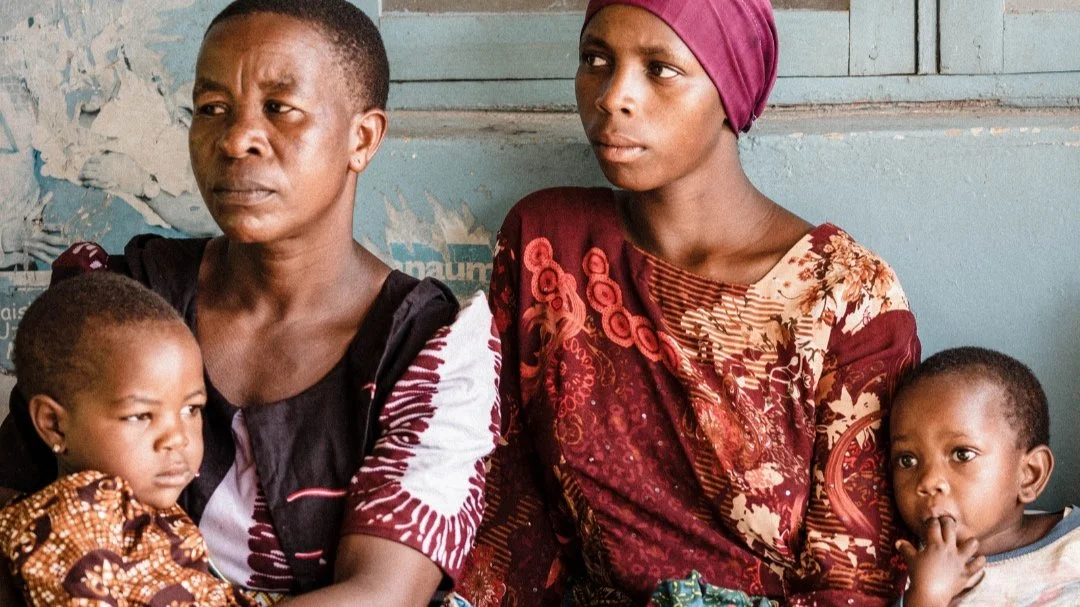Prevention Of Domestic Violence For Women And Children
Reduce domestic violence and abuse, empower women and their children.
Activities and goals:
This project spans four phases according to the stages of change: pre-contemplation in Start, contemplation in Awareness, preparation for action in Support, and action and maintenance in Action, with different objectives and content that evolve for every phase.
We are using the SASA! framework developed by Raising Voices in Uganda. SASA! is an evidence-based community mobilisation approach to prevent violence against women. Developed with a combination of theory, practice, and relentless optimism, SASA! encourages communities around the world to personally and collectively use our power to create safe, violence-free communities for women.
Building a critical mass of support by using multiple reinforcing strategies designed to reach community members at different levels of the circles of influence.
SASA! inspires community members to take action based on their deep beliefs, with an emphasis on the positive benefits of non-violence rather than the negative consequences of violence.
Evaluation has established a clear shift in behaviours, with the experience and perpetration of physical intimate partner violence significantly decreasing in intervention communities.
SASA! is a longer-term social norms change approach. It is not designed for short campaigns.
We recommend a four-year commitment to implement this project successfully.
The Problems it solves:
In Tanzania, 57% of the population lives in multidimensional poverty, and 92% of the population lives on less than $5.50 PPP per day. (World Bank 2021).
Violence against women is a public health and human rights problem that is pervasive throughout the world. Recent estimates suggest that one-third of women globally have experienced physical and/or sexual violence by a partner during their lifetime.
The consequences of violence are far-reaching for women’s mental and physical health, their participation in social and economic activity, and the health, education, and well-being of their children.
Poverty is associated with domestic abuse as both a cause and a consequence. It prolongs women’s exposure to abuse by reducing their ability to leave and it makes women poorer on leaving the relationship.
Women and children are more likely to be financially dependent on someone and as such disadvantaged. Poverty makes living conditions more challenging; no access to electricity, no running water, not enough food, and often many people sharing living quarters with high levels of violence.
Residing in such areas can lead to the normalisation of violence against women and children.
project activity:
Community-led social behaviour change
Duration:
3-4 years
Sector:
Women, children, violence against women and children, HIV/AIDS
Investment:
From USD $25,000 to $50,000 per year
Target group:
Communities living in severe poverty
Beneficiaries:
Directly: 5,000 residents
Indirectly: 35,000 residents
We can implement this project, on your behalf, anywhere in Tanzania
Please contact us to discuss your unique situation.
We will customise impact and financial commitment to your specific needs.

